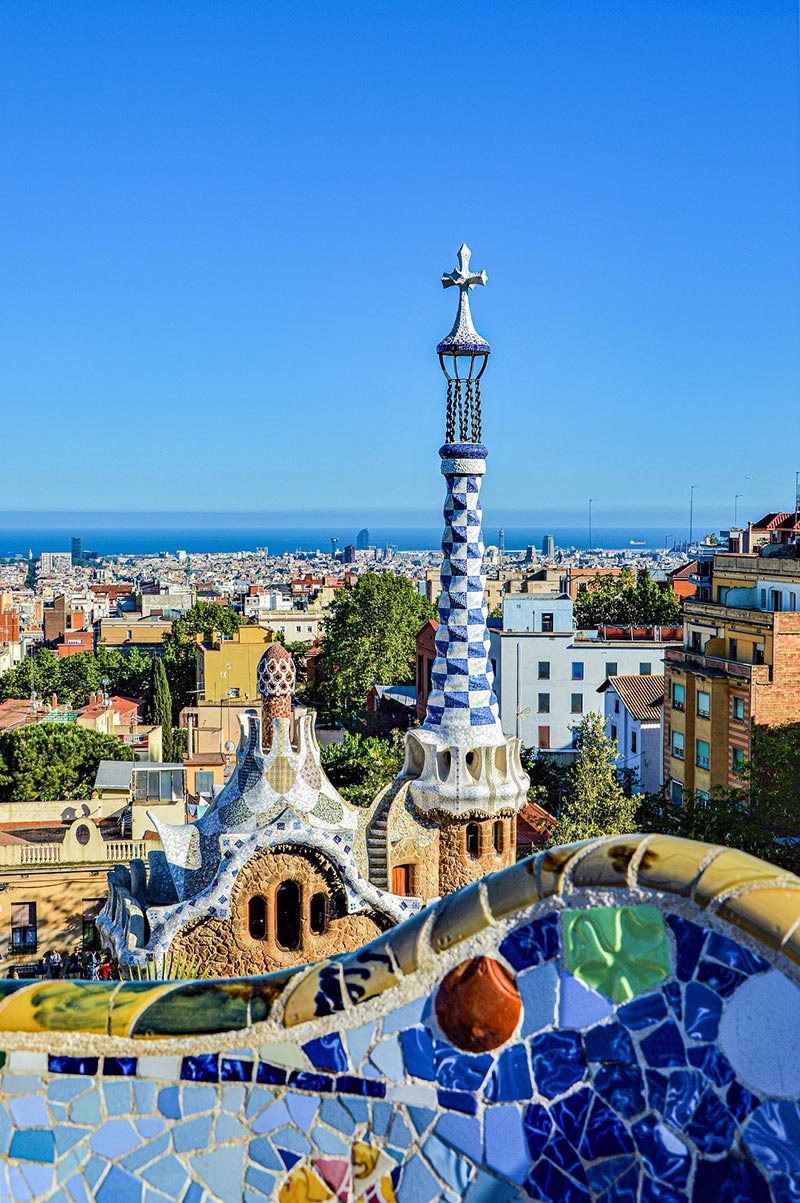Research
Urban Re-Inventiveness
No city could afford to be complacent and rely on its past successes, but is in need of re-inventing itself to achieve long-term urban vitality. The re-inventive process is not to create things out of nothing. Rather, it is often based on traditions and best practices from historical and contemporary cities. Neither do cities simply adopt successful or proven practices, but need to creatively engage with urban history, heritage, and contemporary socio-cultural trends in response to the challenges and opportunities at hand. Cities also need to (re)discover, reckon with, curate, and (re)construct their histories and collective memories in order to position themselves strategically in competition for ranking, investment, population and talents, and markets. Equally important is the need for cities to reflect on and overcome path dependencies in their planning, governance, and operational practices and institutions, so as to avoid the perpetuation of unsustainable patterns of development. Investigation into these creative and reflective processes and the dynamic relationship between tradition and innovation in diverse urban civilisations at critical junctures of their histories could contribute to more effective ways of achieving urban transformation or regeneration.
Relevant themes
- City history and heritage vis-à-vis city branding and competitiveness
- Historic path dependencies and their impact on later and contemporary spaces and planning
- Authenticity and integrity of urban heritage vis-à-vis cultural tourism and urban regeneration


